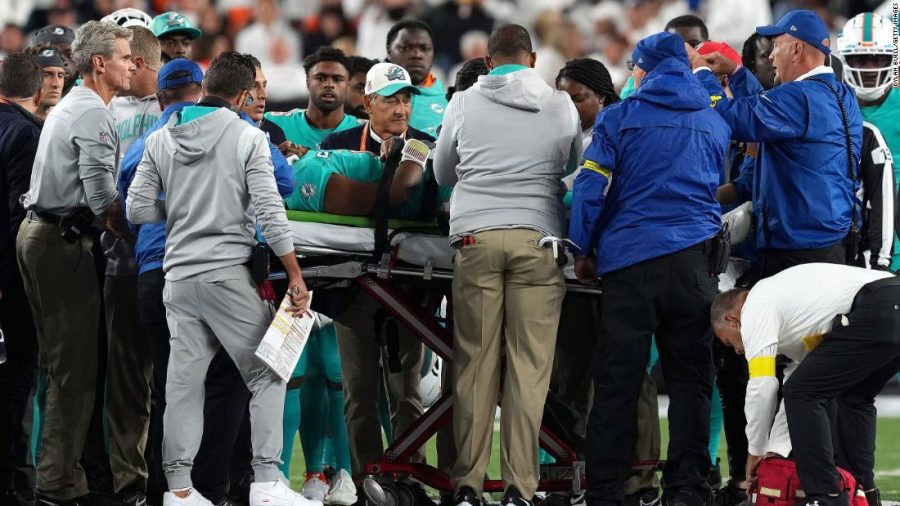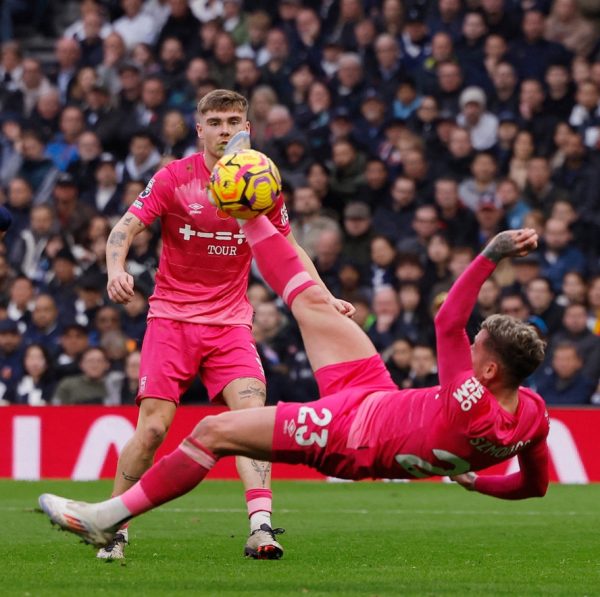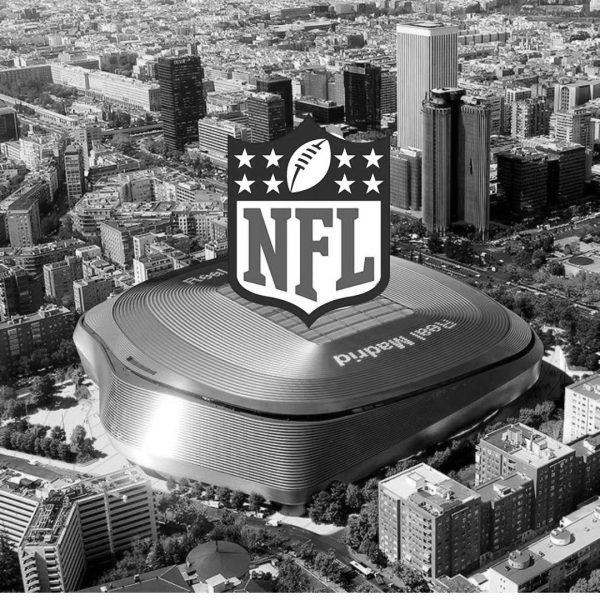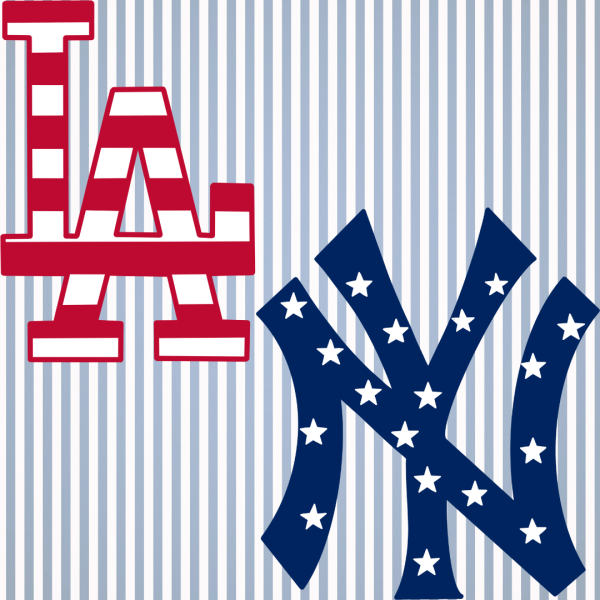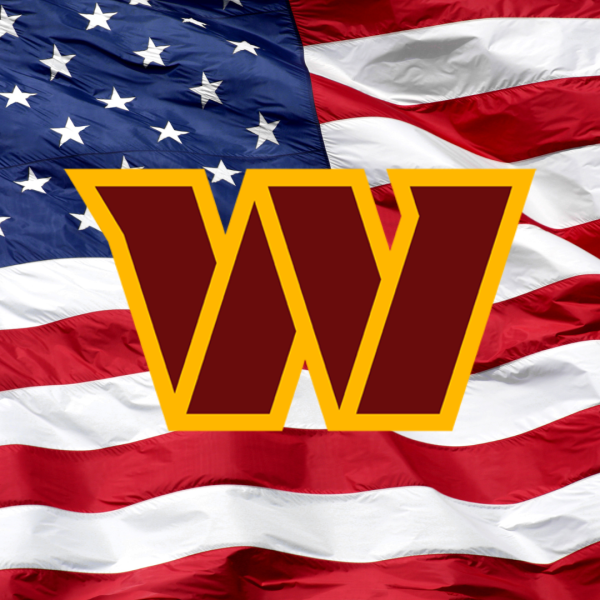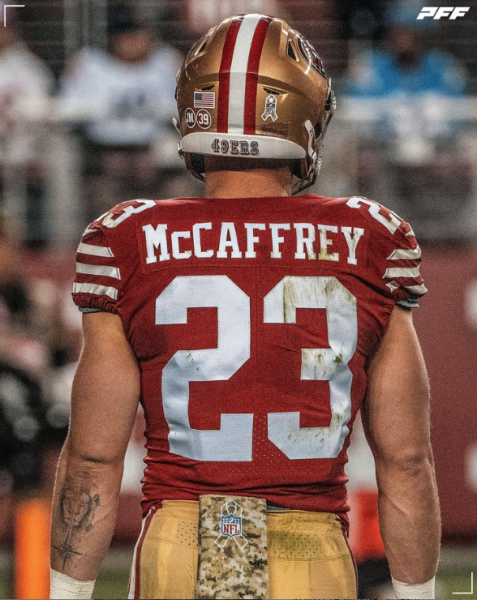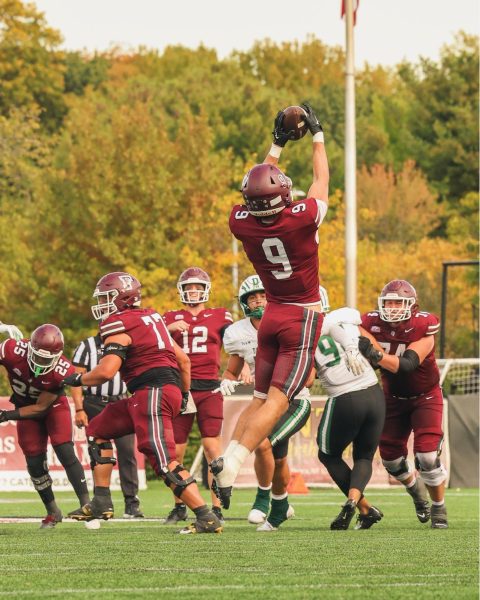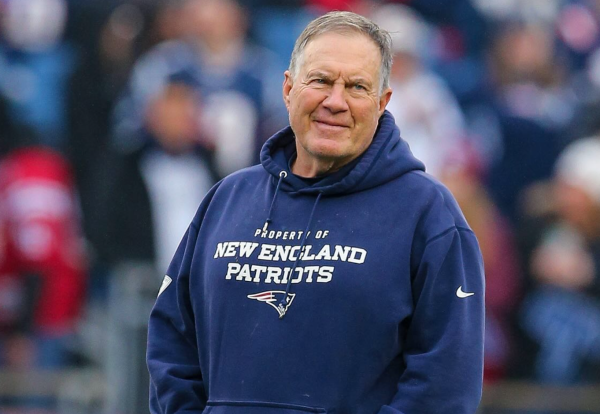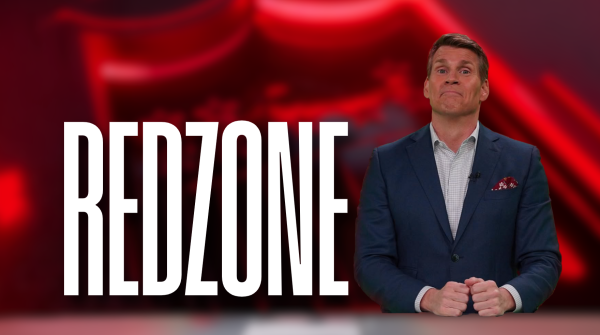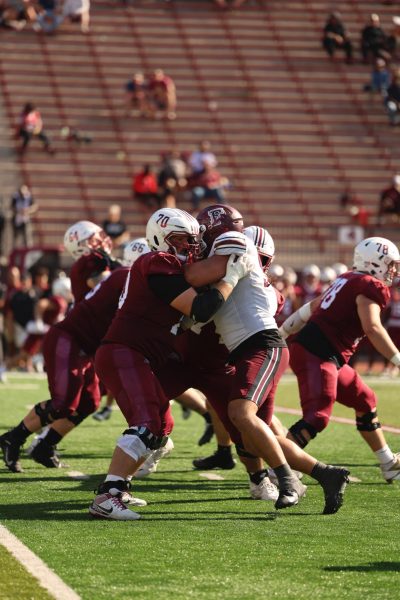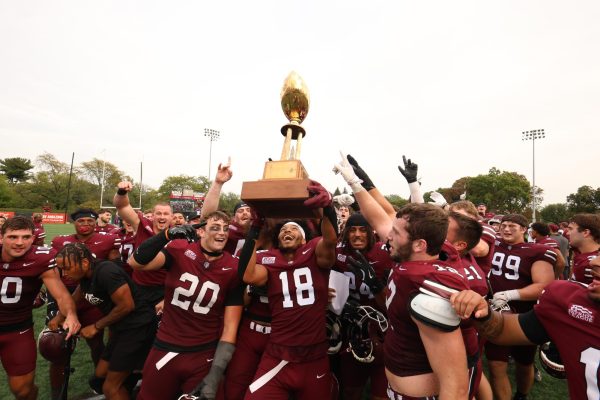Tagovailoa Injury Should Serve as a Reminder for the NFL
On Thursday Night Football, in front of a raucous Paycor Stadium crowd, Miami Dolphins quarterback Tua Tagovailoa silenced the nearly 65,000 fans in Cincinnati and millions watching at home. However, it wasn’t for a dazzling touchdown throw or a miraculous run. Rather, it was because the third-year quarterback had just been slammed to the ground and knocked unconscious. Tagovailoa, with his eyes shut and fingers frozen in an abnormal position, wasn’t moving. As players from both teams surrounded, Tagovailoa was carted off the field strapped to a stretcher, later he was transported to a nearby hospital for evaluation.
Typically, scary head injuries are viewed by fans and players alike as just an unfortunate side effect of the violence of the nature of the game. The case of Tagovailoa, however, is much different. Just that previous Sunday, CBS cameras cut to the Dolphins quarterback getting thrown to the ground, unsteadily rising to feet and stumbling around, then wobbling and collapsing before his teammates came to his aid. Miraculously, Tagovailoa returned to the game and ended up leading his team to a convincing victory against a highly touted Buffalo Bills team.
When asked post-game about the injury, which was assumed to be a concussion, Dolphins head coach Mike McDaniel clarified that rather it was an injury to his back, not head, that forced Tua to leave the game.
“His legs got wobbly because his back was loose. As he described it, his lower back was like gumby,” McDaniel said.
Many around the league, however, were not buying this narrative. ESPN’s Adam Schefter immediately tweeted out that the NFLPA would be initiating a review of the league’s concussion protocols. Nonetheless, Tagovailoa was still able to suit up for a game just four days after the incident. These various factors in addition to the gruesome nature of Tagovailoa’s subsequent injury against the Bengals put the competitive aspect of the game on pause, instead shining a light on the flaws in the NFL’s concussion protocol for its players.
Shortly after he was stretchered off the field, the NFLPA announced it would be investigating the handling of Tagovailoa’s health and the NFL protocols. It didn’t take long for those around the game to share their thoughts on the matter. Ravens coach John Harbaugh, who had just faced Tagovailoa weeks prior, was at a loss for words from the situation.
“I’ve been coaching for 40 years now in college and the NFL — almost 40, not quite — and I’ve never seen anything like it before,” said Harbaugh. “A lot of times, players want to play. They want to go out there, and they want to play, and sometimes you just have to tell them, ‘No.’ You have to say, ‘No.’”
Players around the league rushed to social media to share their concern, as well as their outrage with the fact Tagovailoa was even in the game to begin with.
“It was no reason that man should of been in the game. SMH. Protect yourself because some people only see you as a football player,” Patriots linebacker Matthew Judon said on Twitter.
Former player and current Fox Sports analyst Emmanuel Acho also shared his anger with the league and its protocols.
“Truth be told, Tua should probably never have been playing. He displayed neurological trauma last week, we disregarded it, labeled it a ‘back injury’ & let him back in the game. Now, the whole world watch as he lay on the field helpless. When will we put player safety FIRST!” Acho said.
In response, the NFLPA fired the independent neurological expert who cleared Tagovailoa to return in the Bills game. This past Friday, ahead of the next slate of NFL games, the NFLPA announced updated protocols that would immediately remove any player from the rest of the game who displayed “abnormal balance, stability or motor coordination.” Such guidelines, if they had been in place, would have kept Tagovailoa out of the Bills game and likely prevented the further damage that occurred.
For the NFL, which is an entertainment business, the health of their players should be at the forefront of their focus. With these new protocols, the NFLPA and NFL are hoping that the possible career ending and life altering injuries such as the one that Tagovailoa sustained are removed from the game entirely.





































































































































































































